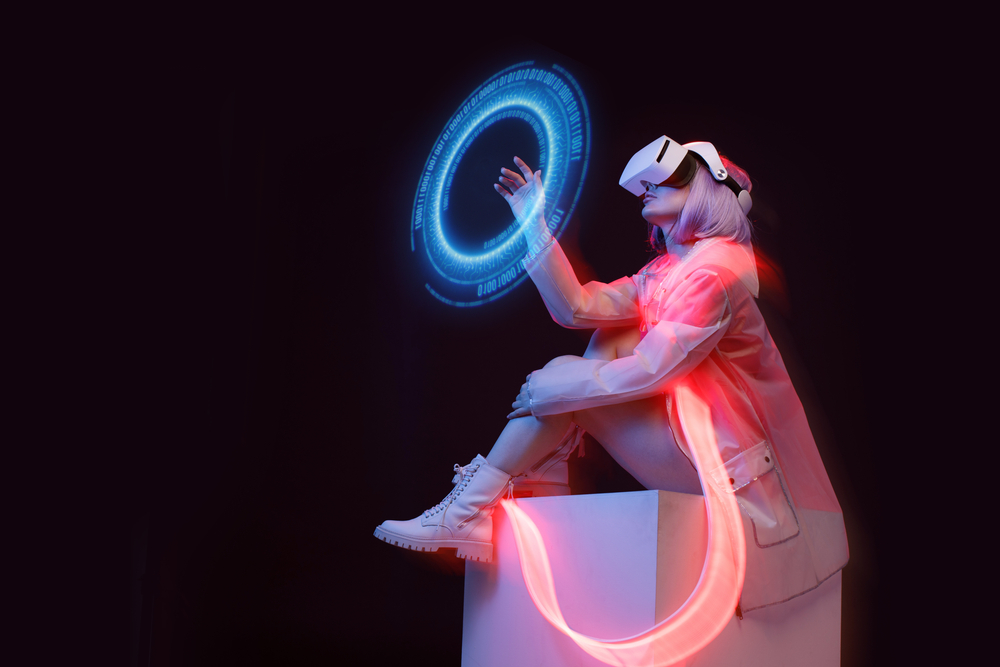The Emergence of Smart Contracts in Legal Practice
In the digital age, the legal landscape is undergoing a profound transformation. At the forefront of this change is the rise of smart contracts, a revolutionary technology poised to reshape how agreements are formed, executed, and enforced. This article delves into the intricacies of smart contracts, exploring their potential to streamline legal processes, reduce disputes, and redefine the role of legal professionals in an increasingly automated world.

Historical Context and Legal Development
The concept of smart contracts dates back to 1994 when computer scientist Nick Szabo first proposed the idea. However, it wasn’t until the advent of blockchain technology, particularly with the launch of Ethereum in 2015, that smart contracts became a practical reality. Since then, legal systems worldwide have grappled with how to integrate this new technology into existing frameworks. The evolution of smart contract legislation has been gradual, with jurisdictions like Arizona and Tennessee taking early steps to recognize blockchain signatures and smart contracts in their state laws.
Current Legal Landscape
As of 2023, the legal status of smart contracts varies significantly across jurisdictions. Some countries have embraced the technology, enacting specific legislation to recognize smart contracts as legally binding. Others remain cautious, citing concerns about security, privacy, and the potential for automated contracts to conflict with existing legal principles. The European Union, for instance, has been working on a comprehensive framework for blockchain technology, including provisions for smart contracts, as part of its Digital Single Market strategy.
Challenges and Limitations
While smart contracts offer numerous benefits, they also present unique challenges for legal practitioners and policymakers. One significant hurdle is the issue of code interpretation. Traditional contracts rely on human interpretation of language, allowing for nuance and context. Smart contracts, however, execute based on rigid code, which may not account for unforeseen circumstances or complex legal concepts. Additionally, the immutability of blockchain-based smart contracts raises questions about error correction and contract termination, issues that are relatively straightforward in traditional legal agreements.
Impact on Legal Practice
The integration of smart contracts into legal practice is reshaping the role of lawyers and legal professionals. As more transactions move to blockchain platforms, attorneys must adapt their skills to include understanding of code and blockchain technology. This shift is giving rise to a new breed of legal professional: the smart contract lawyer. These specialists combine legal expertise with technical knowledge to draft, review, and litigate smart contracts. Law firms are increasingly investing in blockchain expertise, recognizing it as a crucial area for future growth and client service.
Regulatory Considerations
As smart contracts gain traction, regulators face the challenge of balancing innovation with consumer protection. Key concerns include ensuring the security of digital assets, protecting personal data, and preventing fraud and money laundering. Regulatory bodies worldwide are working to develop frameworks that address these issues without stifling technological progress. The approach varies, with some jurisdictions opting for comprehensive new laws, while others seek to adapt existing regulations to encompass smart contract technology.
Future Prospects and Implications
Looking ahead, the potential applications of smart contracts extend far beyond simple agreements. They could revolutionize areas such as real estate transactions, supply chain management, and intellectual property rights. The automation of contract execution could lead to significant cost savings and efficiency gains across various industries. However, this automation also raises questions about job displacement in the legal sector and the need for new skills and education in law schools.
Conclusion
Smart contracts represent a paradigm shift in legal practice, offering a glimpse into a future where technology and law are inextricably intertwined. As this technology continues to evolve, it will undoubtedly challenge traditional legal concepts and practices. The legal profession must adapt to this new reality, embracing the opportunities while navigating the complex ethical and practical challenges that smart contracts present. As we stand on the cusp of this legal revolution, one thing is clear: the integration of smart contracts into legal practice is not just a possibility, but an inevitability that will shape the future of law.




